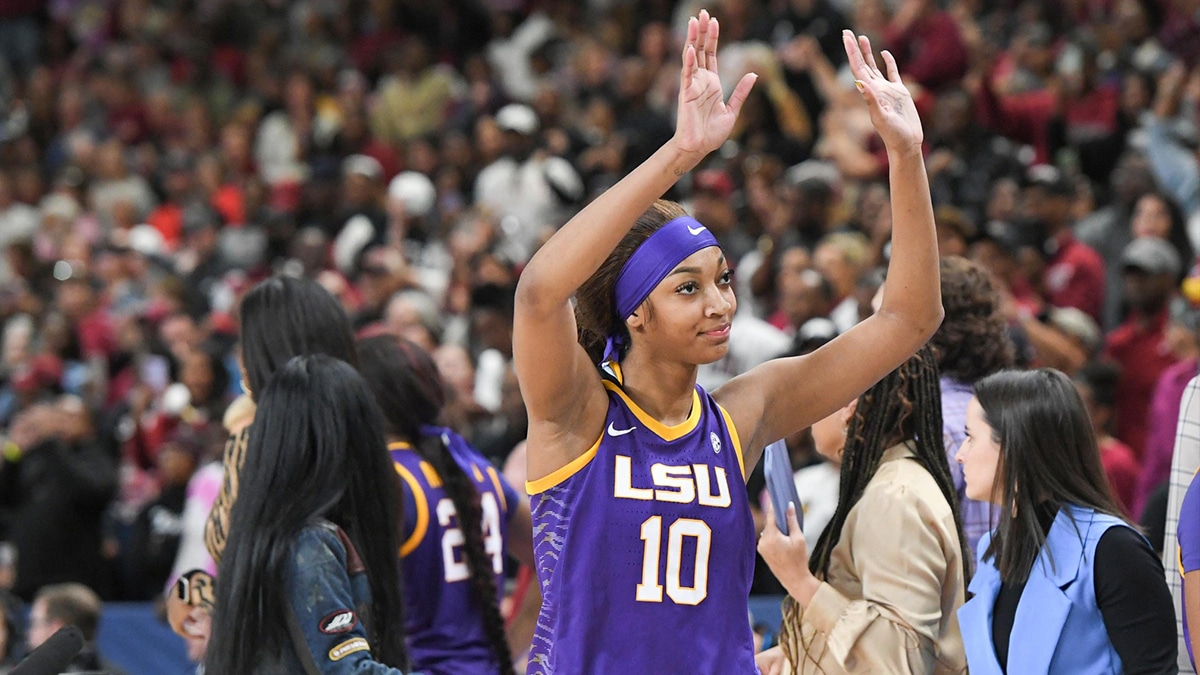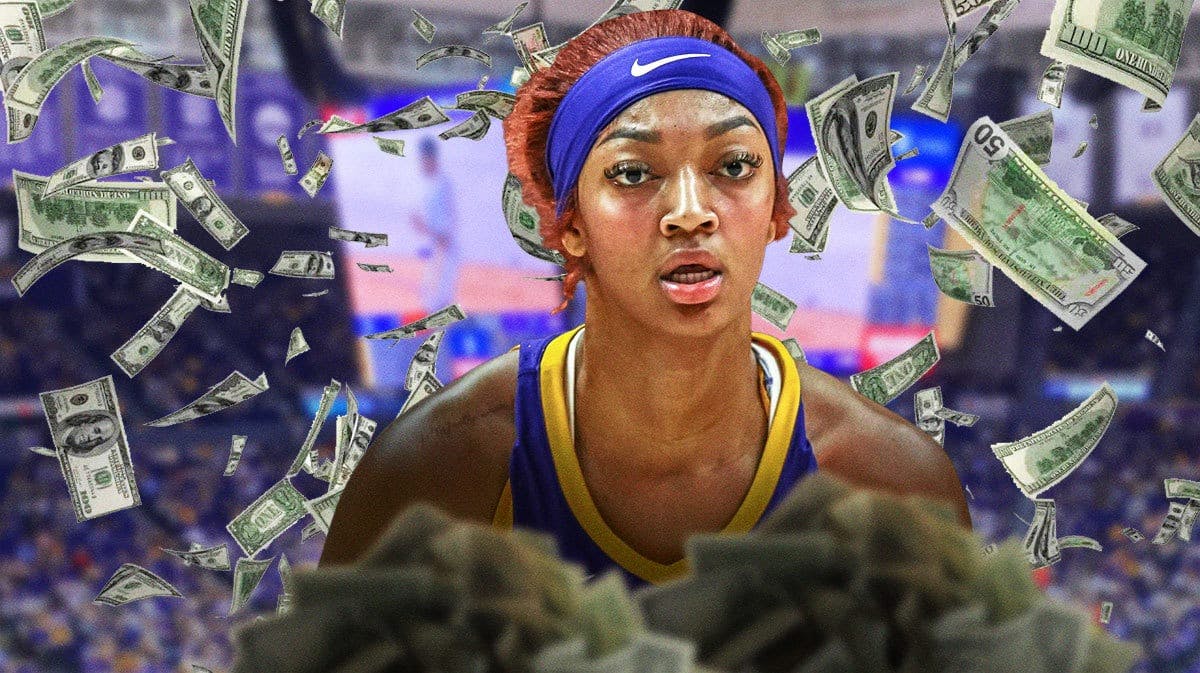As discussions about the financial implications of declaring for the WNBA Draft swirl around college women's basketball, LSU women's basketball star Angel Reese remains unfazed by the perceived loss in monetary benefits by turning professional.
Reese, whose performance has positioned her as one of the most promising talents in women's basketball, emphasized that financial prospects will not dictate her decision on whether or not to declare for the WNBA.
"Regardless, I'm going to be able to make money."
Angel Reese says her brand deals will follow her to the WNBA if she decides to go pro at the end of the season 🗣️ @Reese10Angel pic.twitter.com/QlrDAeyxTy
— The Sporting News (@sportingnews) March 21, 2024
I’ve learned that regardless I'm going to be able to make money staying or going. I understand that my brand has been built. I know that more than being in college is something I can do. I have a brand outside of here and the deals are going to follow me if I leave or stay,” Reese said in a clip posted by The Sporting News on X, formerly Twitter. “Of course, we may not have the same benefits or the same raining rooms, the commercial flights and stuff like that, and of course that's the con of everything. It’s a win-or-lose situation regardless of the decision we’re going to make, but you have to make a sacrifice, and understanding what you want and what’s it going to take.”
Angel Reese's brand

Reese's self-assurance comes at a time when the landscape of women's sports, especially basketball, is witnessing a transformative shift towards recognizing and rewarding the commercial appeal of female athletes.
With an additional year of eligibility left, thanks to the pandemic-shortened 2020-21 season, Reese's position is unique on whether or not to play another year of college ball or declare for the WNBA Draft. She faces a decision that could shape her career in significant ways, yet her focus remains on leveraging her brand effectively, whether in college or on the professional stage.
“I've built that relationship with a lot of these brands. I don't just have brands that are in college, I have brands that are long-term past college … that’s going to go on past college,” Reese said, whose NIL deals include Reebok.
The evolving financial dynamics in women's basketball spotlight a broader conversation about female athletes' earning potential and marketability. WNBA Commissioner Cathy Engelbert has previously said that the narrative that women's college basketball stars will earn less in the pros is “bad.” NIL deals in college essentially transition into endorsements once athletes turn professional. This narrative shift is further exemplified by athletes like Caitlin Clark, whose transition to professional basketball will be accompanied by substantial endorsement deals including Gatorade and Nike, challenging outdated notions of financial viability in women's sports.
Reese's outlook and the broader discourse highlight the growing recognition of the commercial power of women's sports. The anticipation surrounding athletes like Reese and Clark not only heralds a new era for the WNBA but also signifies the increasing visibility and financial opportunities available to women athletes.




